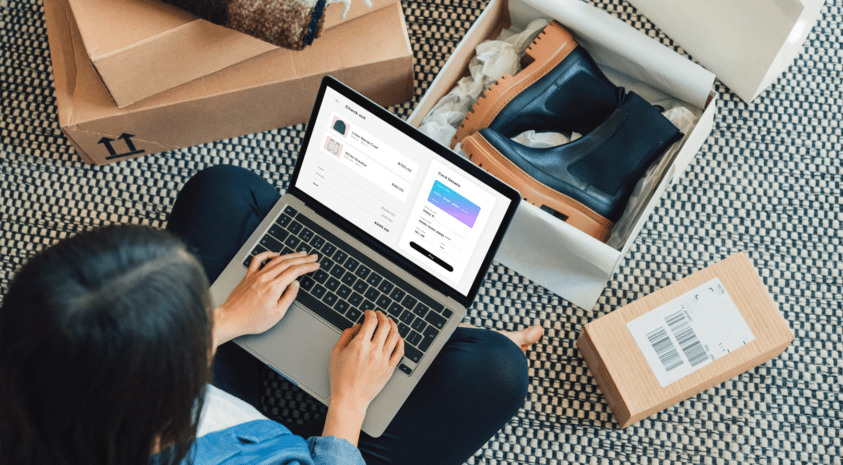‘Tis the season for shopping! With Black Friday and Cyber Monday to kick off the holiday season, we’re now in the prime shopping time of the year. But how do you know if you’re safe while shopping online?
The holidays bring generosity and goodwill but also cyber attackers and tricksters who would love nothing more than to get access to your credit card or bank account.
Please consider the following seven tips as you enjoy shopping for the special people in your life and hopefully avert falling prey to the wrong people this holiday season.
- Avoid using public Wi-Fi: We’ve all been in stores that offer use of their public Wi-Fi (wireless network). It’s fine to connect to public Wi-Fi for certain things like price comparisons but not for purchases or sharing any personal information. For that you’ll want a secure, private connection.
- Be extra careful with emails: Whether it’s a store-generated email or from a person, pay very close attention to the sender’s email address and do not respond if it looks suspicious. Sometimes thieves will use an email address that looks similar to a popular company but is one letter off. Don’t ever give out any personal information unless you’ve directly contacted your bank or credit card.
- Beware of all texts: Thieves will text your phone saying that there is suspicious activity on your credit or bank card and to call a certain number or click on a link. Don’t! If you receive a text like this, directly contact your bank or credit card company through their official customer service number listed on their website. Scammers can sound very official and make up information that appears to be real. Always, ALWAYS check directly with your bank or credit card. Also be on alert if you receive a text that a delivery carrier was unable to deliver your package and needs more information. Don’t give it! If you are expecting a package, check directly with the company. UPS has an entire page dedicated to identifying fraudulent messages.
- Look for “HTTPS” in payment website URL’s: Be safe and vigilant when shopping online. Make sure the website address begins with “HTTPS” which stands for “Hypertext Transfer Protocol Secure” and means that the site you’re on is encrypted and likely safe to make a payment.
- For big shopping sites check whom you’re really buying from: Maybe you’ve been shopping on a big site like Walmart and you see a product but it says, “sold by X but fulfilled by Walmart,” which is important to note as these are often third party sellers. You aren’t actually buying from Walmart but a seller who may be in China or another country. Do your research and try to purchase products from the actual store itself not those sellers who are using a site like Walmart as an intermediary as if it’s not from the company there’s often little that can be done if your product is delayed or doesn’t show up.
- Use credit cards when shopping online: Avoid using debit cards as these link back to your bank accounts. Most credit cards offer protections to users so call them if you notice suspicious activity on your account and they can put a freeze while they investigate. Some card companies will check with you if they believe a fraudulent purchase was made but make sure the message, you’re receiving is from them and not a scammer!
- Use strong passwords: Many of us use the same password over and over again for convenience. Use the strongest password you can or use an autogenerated password and change it frequently.
Want tips to stretch your wallet during inflation? Read our inflation buster blog here!
Bankers Life is here to help customers with their financial and insurance needs so please visit us at BankersLife.com to learn more.



